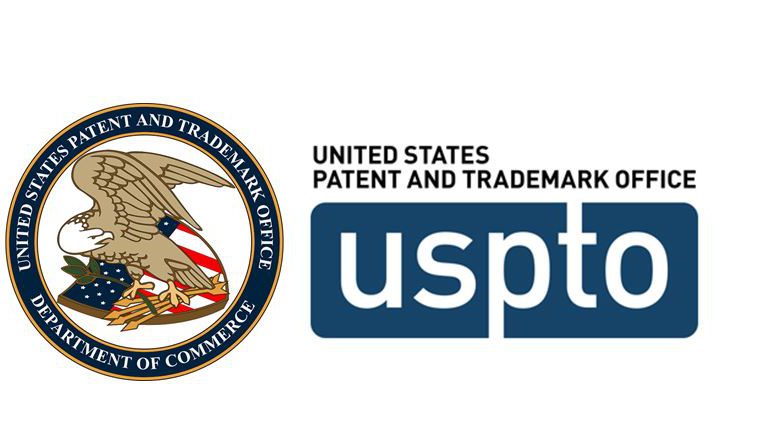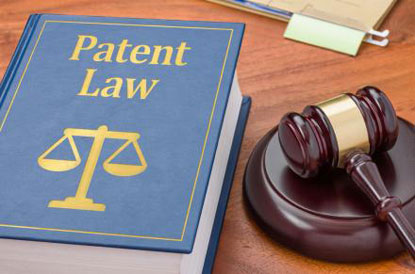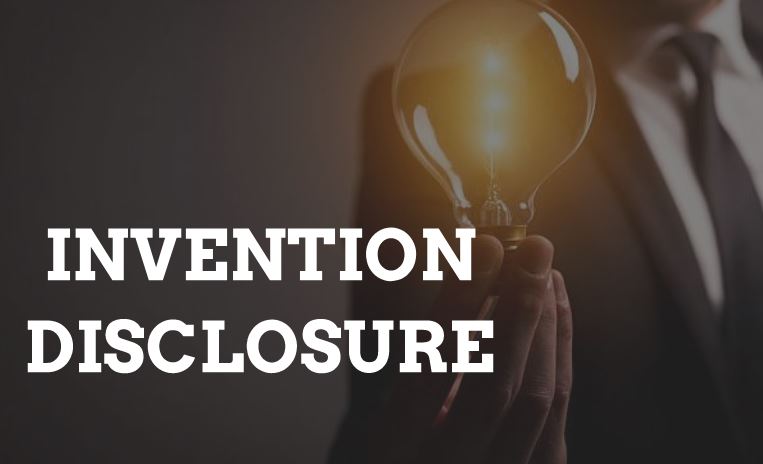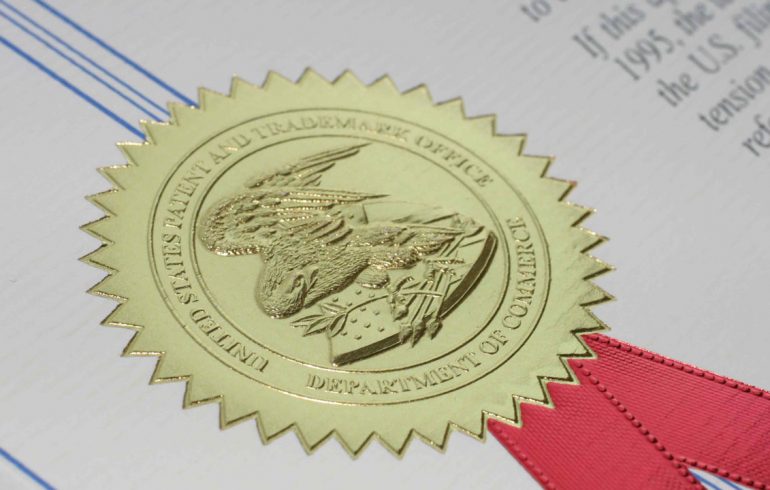On February 10, the USPTO presents the “Three Contemporary Black Women Inventors” online event in celebration of Black History Month. The event spotlights three contemporary black women inventors: Aprille Ericsson, Ayanna Howard and Arlyne Simon.
Category: Patent Law

GREEN LIGHT FOR POTTY-MOUTH BRANDING!
SUPREME COURT RULES LAW PROHIBITING REGISTRATION OF IMMORAL OR SCANDALOUS TRADEMARKS IS UNCONSTITUTIONAL Only two years ago, in the case of In re Tam, the Supreme Court unanimously ruled that the federal law (the Lanham Act) that prohibited registration of “disparaging” marks violated the First…

The United States Patent & Trademark Office Issues Guide for Applications to Register Cannabis-Related Marks
On May 2, 2019 the United States Patent & Trademark Office (USPTO) issued new guidelines for businesses seeking to obtain registrations for cannabis-related marks. Any company that is in – or wants to be in – the CBD, hemp or medical marijuana business and is…

The Ongoing Ambiguity Over Which Inventions Are Patentable And Which Are Not – The Patent Office’s New Guidelines
On January 7, 2019, the United States Patent and Trademark Office issued new 2019 guidelines on how it will go about determining whether an invention is one which the law allows to be patented. If you have been following the news on this topic then…

UNITED STATES PATENT AND TRADEMARK OFFICE ADOPTS FEDERAL COURT CLAIM CONSTRUCTION STANDARD IN PROCEEDINGS AT THE PATENT TRIAL AND APPEAL BOARD
On October 10, 2018, the United States Patent and Trademark Office (USPTO) published a Final Rule in the Federal Register, changing the patent claim construction standard used by the Patent Trial and Appeal Board (PTAB) in inter partes review (IPR), post-grant review (PGR), and covered…

THE “ON SALE” BAR AND “READY FOR PATENTING”
The On Sale Bar, set forth in 35 U.S.C. §102 of the Patent Statute provides that “[a] person shall be entitled to a patent unless – (1) the claimed invention was patented, described in a printed publication, or in public use, on sale, or otherwise…

EMPLOYMENT AGREEMENTS AND PATENT OWNERSHIP RIGHTS
Employers often have new employees sign an Employment Agreement at the time of their employment. Basic terms of an Employment Agreement often require that the employee protect the intellectual property of the employer, and not disclose confidential information of the employer without authorization. The basic…

INVENTION DISCLOSURE
If you are involved in a business that routinely introduces new products to the marketplace, or a business that exists due to a recently developed new product such as a startup business, you should consider protecting the new product or products with a patent. A…

WHAT DO PATENT ATTORNEYS DO?
I recently attended a get together of Evans & Dixon, L.L.C. civil litigation attorneys, business litigation attorneys and business services attorneys at the Springfield, Missouri office of Evans & Dixon, L.L.C. Being a patent attorney in the Business Services Group of Evans & Dixon, L.L.C.,…

Outline Of The U.S. Patent Office Patent Examination Process
I was a Primary Examiner with the U.S. Patent and Trademark Office many years ago. Much has changed at the Patent Office since I served as an Examiner. For example, when I was an Examiner, prior art searching or patentability searching was done manually. After…

